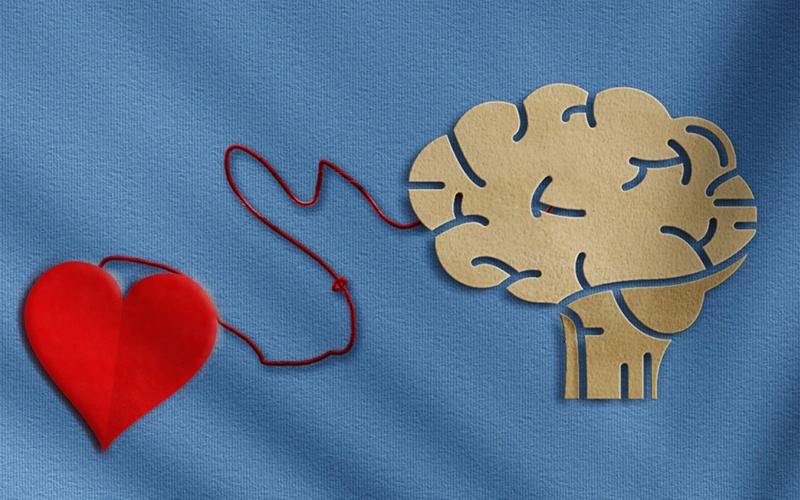Understanding Your Humor Style
Humor is a universal tool that helps us connect with others, cope with stress, and shape our social and emotional experiences. But did you know that not all humor is created equal? People tend to use different humor styles that affect both their personal well-being and their relationships with others. Psychologists have identified four primary humor styles: affiliative, self-enhancing, aggressive, and self-defeating. Each of these reflects different ways of interacting through humor and has a unique impact on both the individual and those around them.
Affiliative Humor: Connecting Through Laughter
Affiliative humor is all about building social bonds. People who use affiliative humor enjoy sharing jokes and funny stories that everyone can relate to. They use humor to bring people together, create positive vibes, and enhance their relationships. This style tends to foster stronger friendships and more enjoyable social interactions, making it a valuable tool for creating connections in both personal and professional settings. Those who score high in affiliative humor often come across as warm and approachable.
Self-Enhancing Humor: A Coping Mechanism
Self-enhancing humor is a personal style that helps individuals maintain a positive outlook on life, even in tough situations. It involves finding humor in everyday challenges and using laughter to cope with stress or anxiety. People who use this type of humor tend to be resilient, using humor as a defense against negativity and emotional difficulties. It reflects an optimistic approach to life, helping people bounce back from setbacks with a smile.
Aggressive Humor: At the Expense of Others
Aggressive humor can often be harmful, as it involves teasing, sarcasm, or jokes at the expense of others. While this style may seem playful on the surface, it can hurt feelings, create tension, and even lead to conflict. People who frequently use aggressive humor may struggle with relationships because their jokes often undermine others. It's important to be mindful of how this humor style can negatively impact both the individual and their social circles.
Self-Defeating Humor: Putting Yourself Down
Self-defeating humor involves making fun of oneself in a way that invites others to laugh at your expense. While this can sometimes help break the ice or make others feel more comfortable, it can also undermine self-esteem. People who use self-defeating humor may struggle with self-worth, masking their insecurities by allowing others to make fun of them. Although it might be entertaining in the short term, overuse of this humor style can negatively affect mental health and self-image.
The Role of Humor in Well-Being
Humor is a double-edged sword. While it can be a powerful tool for creating joy and connection, not all humor styles promote well-being. Affiliative and self-enhancing humor are generally linked with better mental health, higher self-esteem, and more satisfying relationships. On the other hand, aggressive and self-defeating humor are often associated with interpersonal conflicts and lower levels of happiness. By understanding your humor style, you can learn to use humor in a way that enhances your life and your relationships.
Humor is a reflection of our personality and the way we see the world. Understanding your humor style can help you navigate social interactions more effectively, improve your emotional resilience, and build stronger connections with others.



